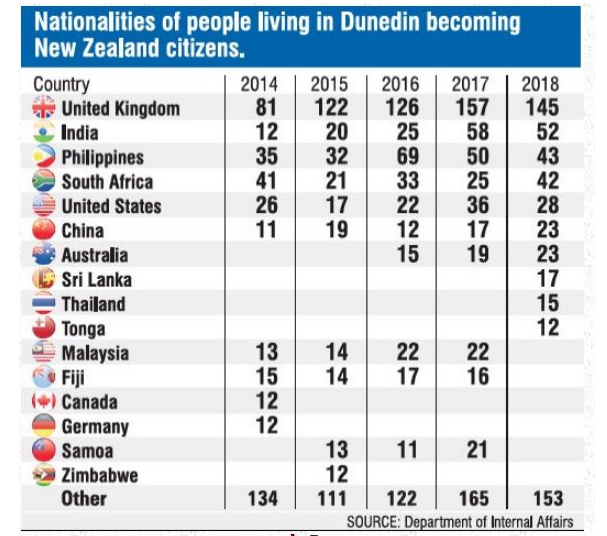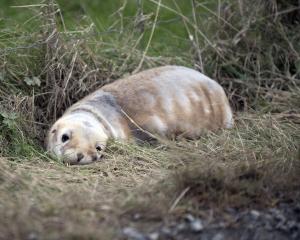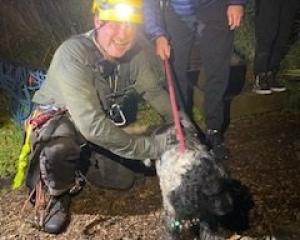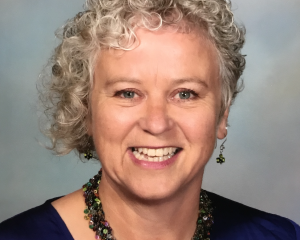
Figures released to The Star by the Department of Internal Affairs show the total number of people becoming New Zealand citizens at ceremonies in Dunedin fell from 586 in 2017 to 553 last year - a nearly 6% drop.
Of the 553 people swearing allegiance in Dunedin last year, the top four nationalities represented were British (145), Indian (52), Filipino (43) and South African (42).
The four nationalities with the biggest representation in Dunedin citizenship ceremonies for a five-year period up to the end of last year were British (631 people), Filipino (186), Indian (167) and South African (162).
The data reveals the 2400 people at Dunedin ceremonies in the five years up to last year were born in 111 countries ranging from Afghanistan to Zimbabwe.

The number of people becoming citizens at ceremonies across New Zealand fell from 36,450 in 2017 to 35,737 last year - a 2% drop.
The top 10 countries represented at ceremonies across New Zealand last year were the United Kingdom including England, Scotland, Wales and Northern Ireland (5471 people), India (4845 people), Samoa including Western Samoa (3185), Philippines (3079), South Africa (2691), Fiji (2542), China including Hong Kong, Tibet, Inner Mongolia, Macau and Macao (1175), Tonga (848), Australia (767) and United States (756).
Registrar-general of Births, Deaths and Marriages Jeff Montgomery, of Wellington, speaking to The Star on Tuesday, said it was difficult to track why citizenship numbers changed for different nationalities.
A person had to be a New Zealand resident for five years before they could apply for citizenship. Consequently, the number of people becoming citizens would have been the result of something happening more than five years ago which attracted them to a New Zealand city, such as following other family members or employment opportunities.
"Generally people do move to area where their communities are already present.''
Among Organisation for Economic Co-operation and Development (OECD) countries, New Zealand is the fifth most ethnically diverse with 25% of the population being born overseas, he said.
SHAWN.MCAVINUE @thestar.co.nz












